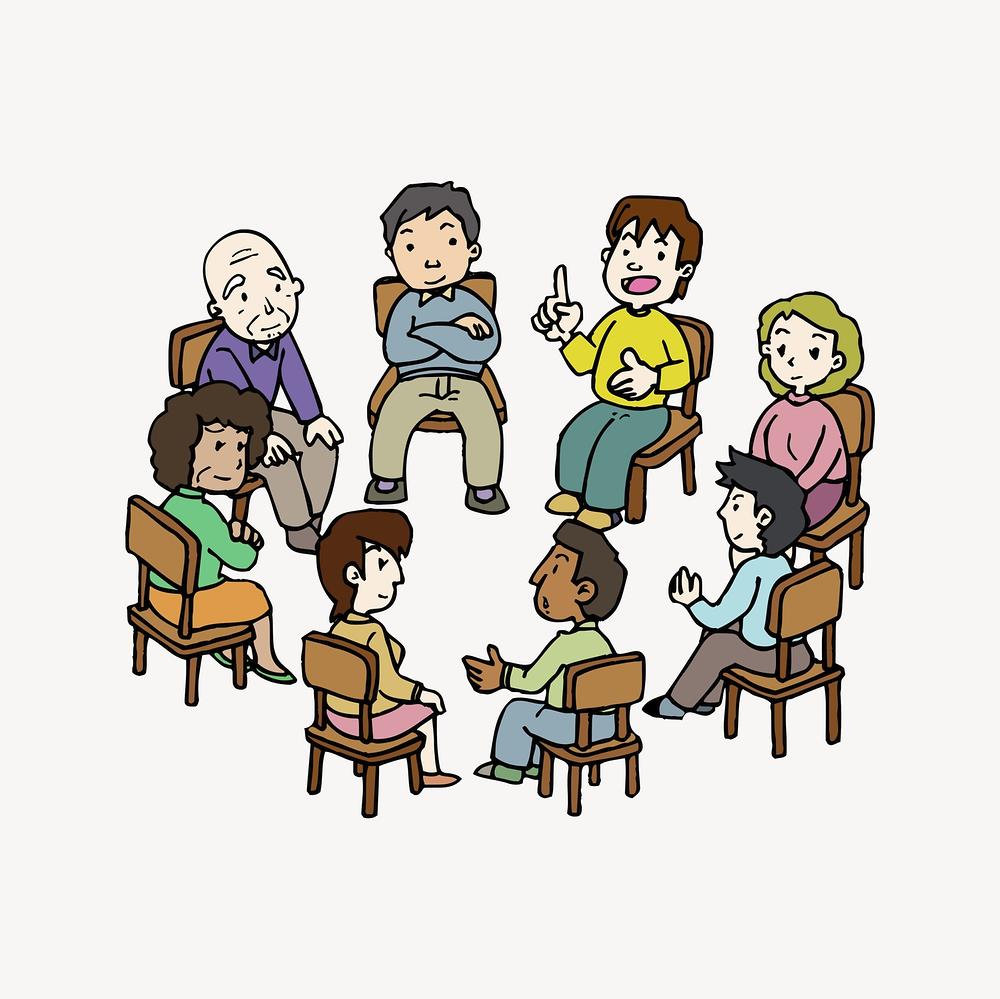Every day, people are exposed to thousands of opinions, beliefs, and perspectives of the people around them. This is what makes humans the most interesting, sophisticated, and malicious animals to date.
One might come across viewpoints that they agree with and many that they disagree with. This experience makes us unique and gives us morals on deciding what is wrong and right, shaping how we treat the people, animals, and world around us. Opinions lay the groundwork for becoming an individual and being self-actualized. However, for these to hold any merit, a person has to be able to back up their claim with evidence or reasoning; without these, what is the reason behind believing in that thing in the first place?
A common occurrence that many consider to be a part of human nature is a child following their parents’ beliefs and holding them as strict facts when they’re little. Kids don’t question them because in their mind they are right in everything that they say and do, this holds up until between the ages of 3-5 as the theory of mind develops, which according to Frontiers (A peer-reviewed scientific journal site) is when our brains start to realize that other people have their own thoughts. This furthers around the ages of 6-7 as the mind recognizes that others may have false beliefs. And following these changes, it is common to see a child start forming opinions outside of their parents’, using their logic and morals to back them. Sometimes, this isn’t always the case, and they continue to follow the opinions of those around them, not attempting to understand the why behind their thinking. This is due either to the fact that they have truly come to the same consensus, or they are simply following the herd and are too lazy to attempt a different angle.

This feeds into a larger monster that many people are guilty of: confirmation bias, which, according to the Northeastern University Library, is the process of understanding information, looking for, or interpreting material that aligns with one’s beliefs. A perfect example is the “For You” page on many social media apps or the news channels people watch. These are built to make users feel comfortable in their viewpoint and surround them with people who share the same stance; they don’t provide, however, the essential challenge from others that requires watchers to justify why they believe in what they do in the first place. This leads to blind hatred and a lack of proper discussion, halting any progress towards comprehension and working together as a society.
With people’s outlook having such drastic effects on the world around them, it is crucial not to follow what you want blindly. It is essential that both those in positions of power and those not in positions of power evaluate why they place so much faith in something. If they are unable to come up with a reason for it, then they should ask themselves why they live by it.









